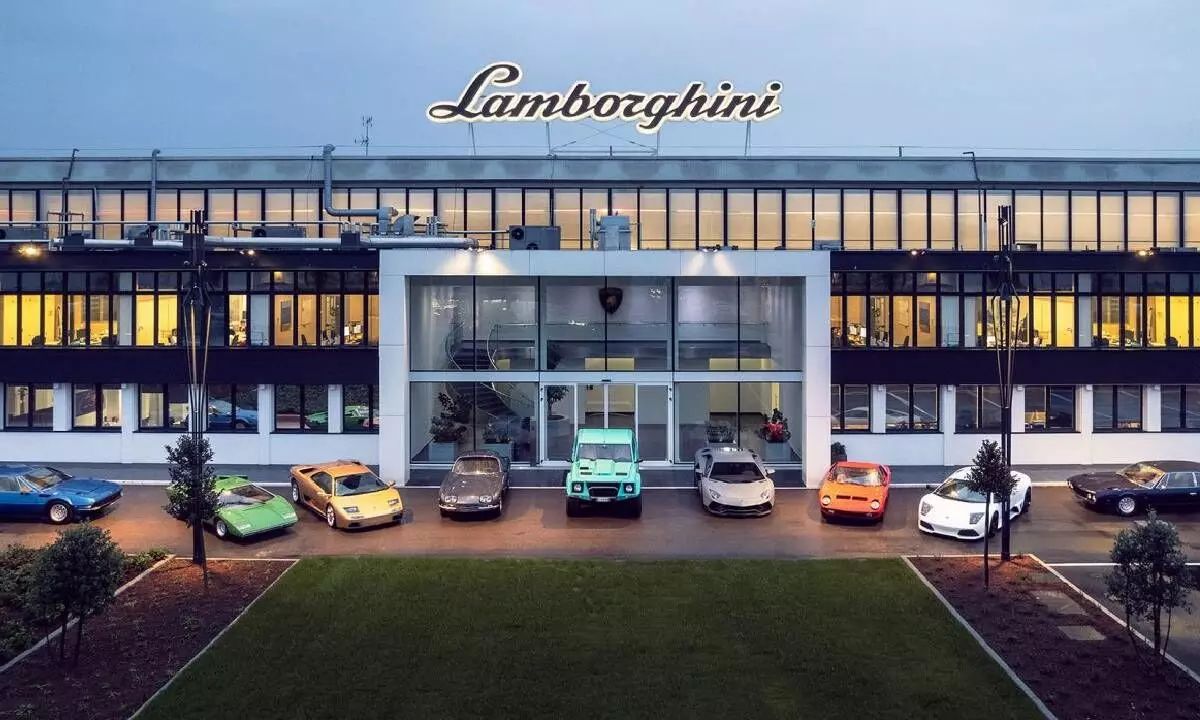Lamborghini licenses MIT's Cobalt-free organic battery tech for EVs
Researchers from Massachusetts Institute of Technology (MIT), including one of Indian-origin, have designed a new battery material that could offer a more sustainable, cobalt-free way to power electric cars.
image for illustrative purpose

San Francisco, Jan 22: Researchers from Massachusetts Institute of Technology (MIT), including one of Indian-origin, have designed a new battery material that could offer a more sustainable, cobalt-free way to power electric cars.
Automaker Lamborghini has licensed the patent on the technology.
The chemists developed a battery cathode based on organic materials, which could reduce the EV industry’s reliance on scarce metals.
This material consists of many layers of TAQ, an organic small molecule that contains three fused hexagonal rings.
These layers can extend outward in every direction, forming a structure similar to graphite.
Within the molecules are chemical groups called quinones, which are the electron reservoirs, and amines, which help the material to form strong hydrogen bonds, explained the study published in the journal ACS Central Science.
The researchers showed that this material, which could be produced at much lower cost than cobalt-containing batteries, can conduct electricity at similar rates as cobalt batteries.
The new battery also has comparable storage capacity and can be charged up faster than cobalt batteries.
“This material is already competitive with incumbent technologies, and it can save a lot of the cost and pain and environmental issues related to mining the metals that currently go into batteries,” said Mircea Dinca, the W.M. Keck Professor of Energy at MIT.
Dinca is the senior author of the study while Tianyang Chen and Harish Banda, a former MIT postdoc, are the lead authors of the paper.
In most lithium-ion batteries, the cathode contains cobalt, a metal that offers high stability and energy density. However, cobalt has significant downsides.

